Selecting the right countertop material for your kitchen or bathroom is a decision that combines aesthetic preferences with practical considerations. Whether you’re remodeling your space or choosing finishes for a new build, the choice of countertop can significantly influence the look, feel, and functionality of your rooms. So let’s jump right in and talk about the characteristics, benefits, and considerations of the most popular countertop materials.
1. Quartz: The Low-Maintenance Marvel (and my personal favorite)
Quartz countertops are engineered stone products that offer the beauty of natural stone with enhanced durability and less maintenance. (Win-Win!) Made from crushed quartz mixed with resin, these countertops are non-porous, making them highly resistant to stains and scratches. They don’t require sealing, unlike many natural stone options. Available in a wide range of colors and patterns, quartz countertops can mimic the look of granite or marble, providing flexibility in design choices. They’re a great choice for busy kitchens and bathrooms where ease of cleaning and durability are priorities.

Image via: unknown
2. Granite: Timelessly Elegant
Granite countertops have long been favored for their unique patterns and durability. Each slab of granite is one of a kind, with colors and veining that add depth and character to any space. Granite is a hard material, resistant to scratches, and can withstand high temperatures, making it ideal for kitchens. However, it’s porous and requires regular sealing to prevent staining. If yearly sealing doesn’t bother you, then granite may be a great choice.

Image via: @Chrislovesjulia
3. Marble: Luxurious and Classic
A lot of designers really love marble because let’s be honest, it is stunning and there’s nothing else quite like it. However, marble is softer and more porous than granite and quartz, making it susceptible to scratches, stains, and etching from acidic substances. Regular sealing and careful maintenance are required to preserve its beauty. Marble will definitely show some wear and tear over time and I’ve found that people either really love or hate it!
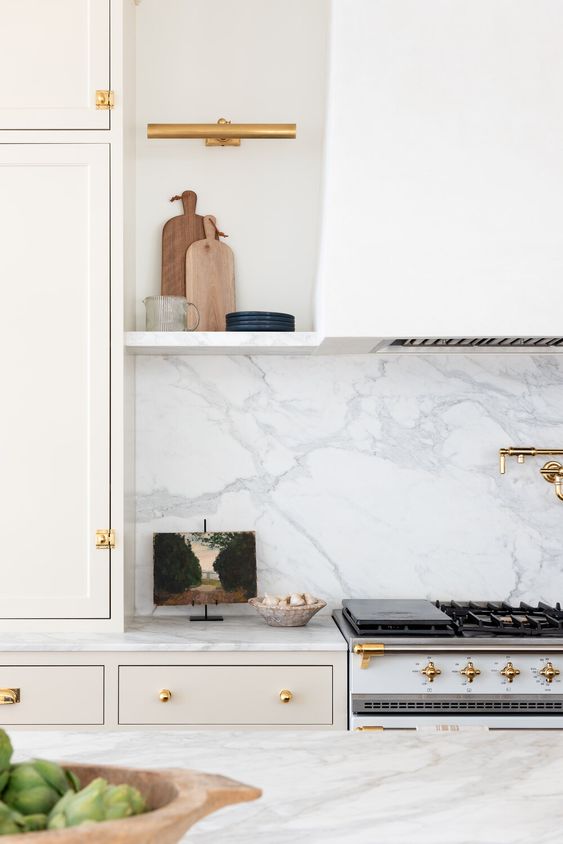
Image via: Studio Mcgee
4. Quartzite: Natural Strength and Beauty
Quartzite is a natural stone that offers a look similar to marble but with durability closer to granite. It’s formed from sandstone and quartz under high pressure and temperature, resulting in a hard and dense material. Quartzite is resistant to scratches and etching, making it suitable for kitchens. It requires sealing to prevent stains but many folks find its unique patterns and colors worth the little bit of extra hassle.

Image via: @werethewhites
5. Porcelain: Versatile and Modern
Porcelain countertops are a modern option made from dense clay that’s fired at high temperatures. This process results in a material that’s highly durable, scratch-resistant, and impervious to heat and UV light. Porcelain slabs come in a vast range of colors and patterns, including realistic stone and wood-look designs. They’re non-porous, requiring no sealing, and are easy to maintain. Porcelain’s versatility and durability make it an excellent choice for both indoor and outdoor applications.

Image via: Bedrosians Tile & Stone
6. Soapstone: Warm and Inviting
Soapstone is a natural stone that offers a softer, more tactile feel than other materials. It’s non-porous, making it resistant to stains and bacteria, and doesn’t require sealing. Soapstone has a distinct, warm look that develops a patina over time, adding character. It’s heat-resistant, making it a popular choice for historic and rustic-style kitchens. Regular oiling can enhance its natural beauty, making it a unique and durable choice for those seeking a countertop with a personal touch.

Image via: @wdesigncollective
Whether you’re drawn to the timeless elegance of marble, the durability of quartz, or the bespoke charm of soapstone, each material offers unique benefits and considerations. By understanding the characteristics of each option, you can select a countertop that not only complements your design vision but also fits your lifestyle and maintenance preferences.

We curated a list of all of our tried and true paint colors and wrapped it all up in one pretty little document, just for you.
Snag Our Free Paint Guide
FREE DOWNLOAD




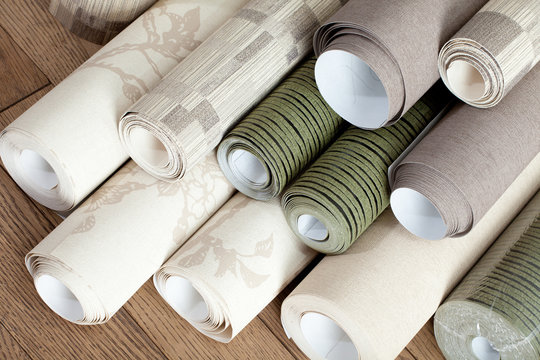
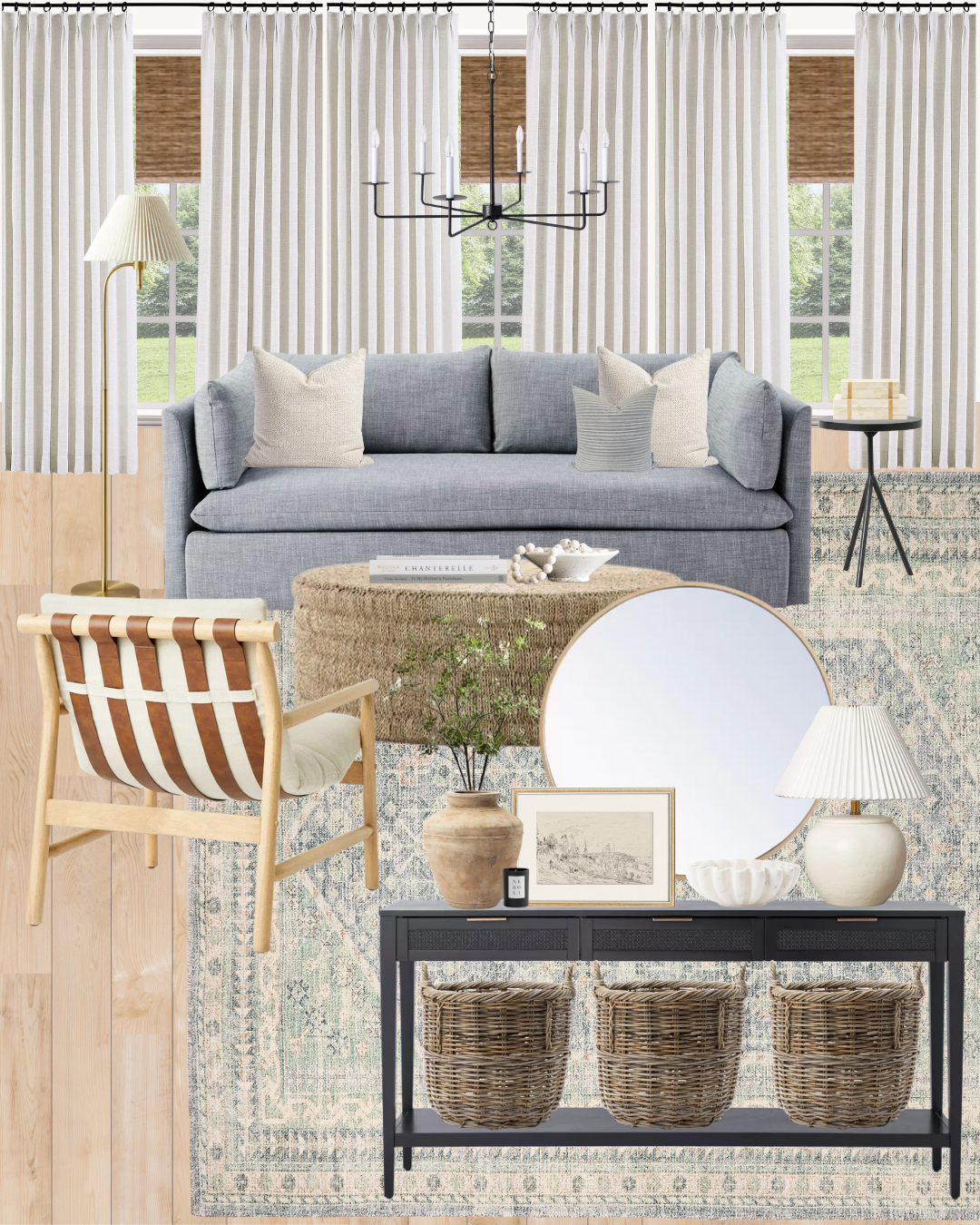
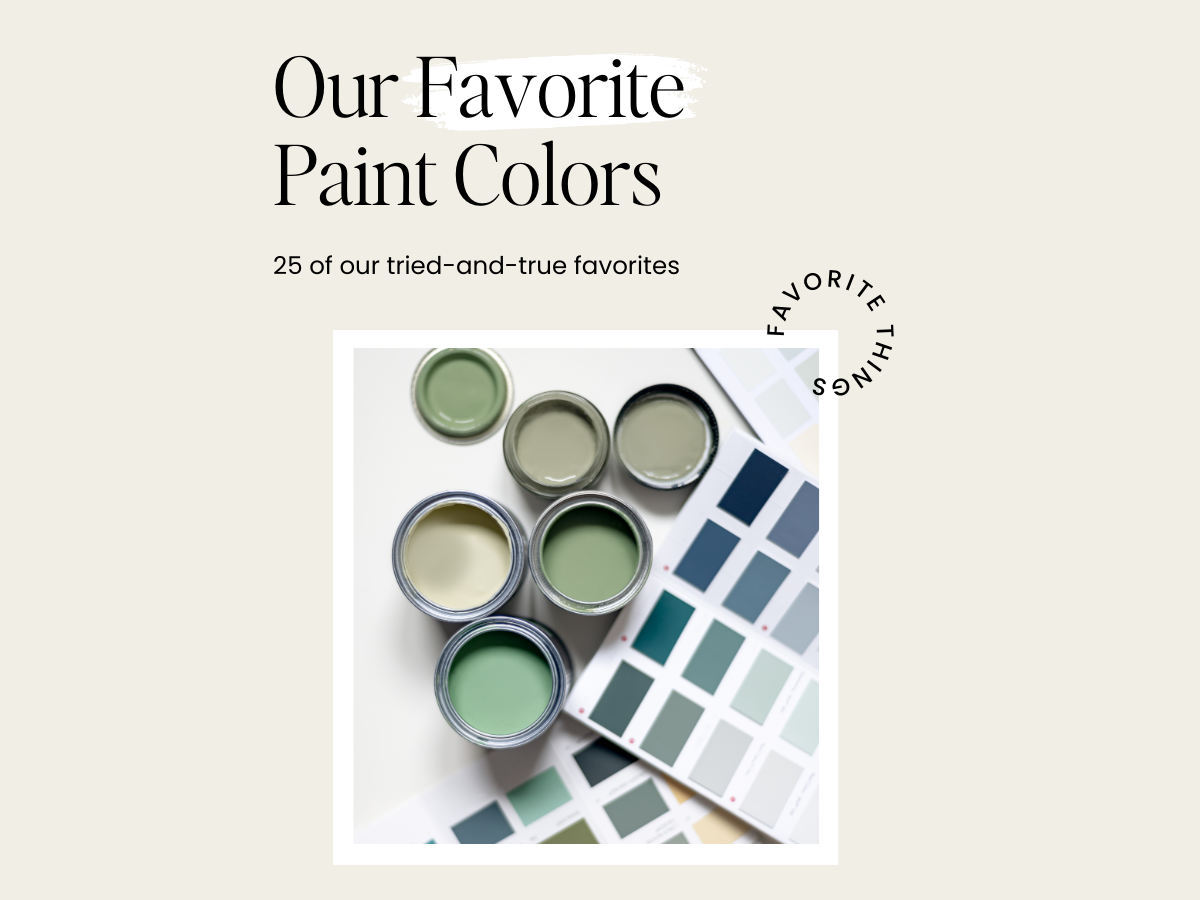
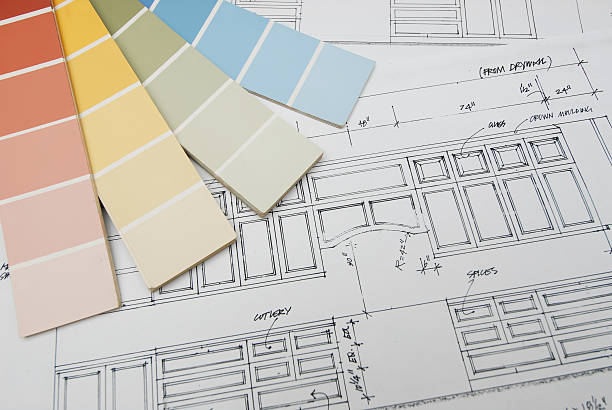
+ Show / Hide Comments
Share to: